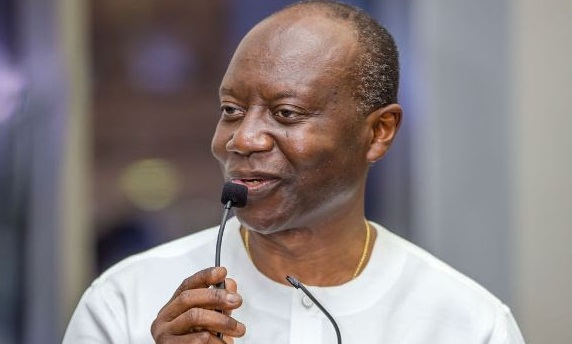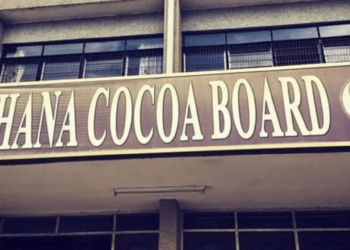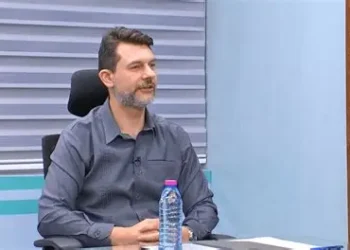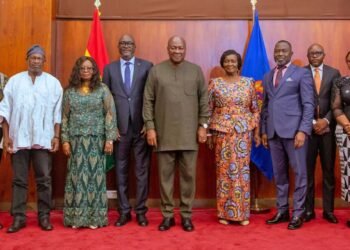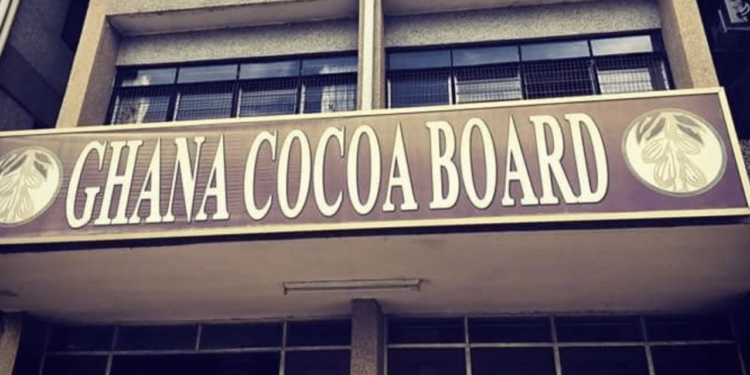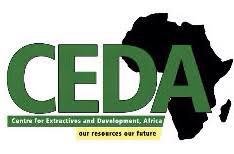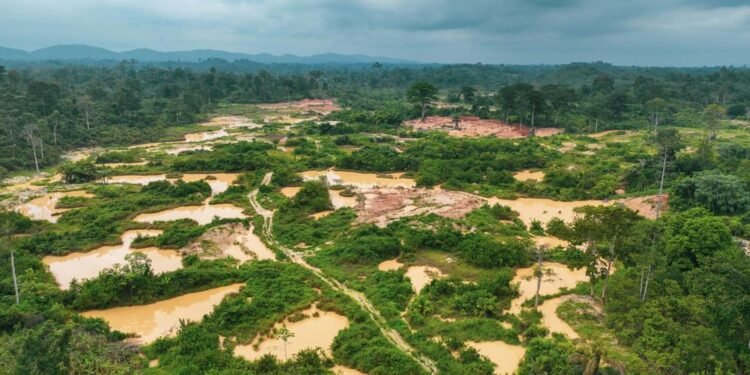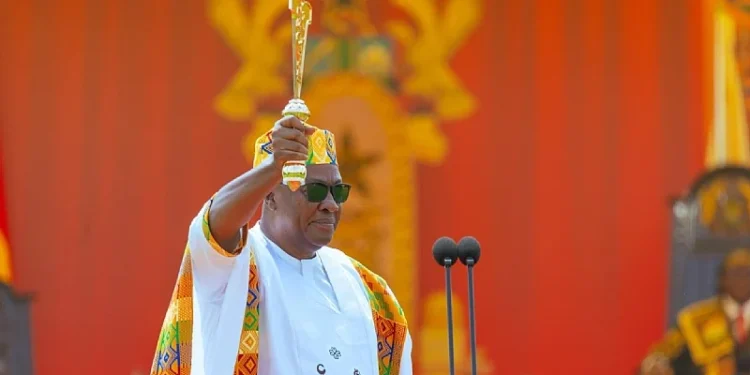The government spent GH¢ 421.6 million last year towards the delivery of programs under Goal 8 of the Sustainable Development Goals (SDGs) which seeks to promote sustained, inclusive, and sustainable economic growth, full and productive employment, and decent work for all.
According to the Ministry of Finance(MoF), the Government of Ghana was the main source of funding towards the delivery of programs under the SGD 8 last year. The government provided GH¢ 147.7 million whilst GH¢ 85.8 million came from the ABFA. Other sources of funding include GH¢ 75.6 million from Development Partners, GH¢ 70.4 million from the IGF. Also, Statutory Funds amounted to GH¢ 42 million.
The goal 8 of the SDGs is very key in the development of every nation. As such, the Ministry of Finance(MoF) stated that “in Ghana, Goal 8 sits at the center of almost all of Government’s initiatives. There is a direct correlation between Government policies and their contributions to decent work and economic growth”.
However, the outbreak of the COVID-19 has retrogressed the government’s progress towards providing decent jobs and promoting economic growth. The impact of the pandemic on the Ghanaian labor market was huge.
According to the Ghana Statistical Service, about 42,000 employees were laid off during the partial lockdown last year. About 25% of the total workforce, 770,000 workers, had their wages reduced. Similarly, the partial lock down forced businesses to reduce working hours for about 700,000 workers.
Main Targets
Besides, the SDG 8 has several targets. However, target 8.3 received the most funding of GH¢ 286.9 million. The other targets that received funds under this Goal included 8.2, 8.3, 8.5, 8.6, 8.7, 8.8, 8.9, 8.10, and 8.a.
Furthermore, the 2020 SDGs Budget Report shows that national-level programs took GH¢ 370.7 million out of the total budget. Whilst district level-programs received GH¢ 50.8 million.
Moreover, at the district level, the total funding amount under Goal 8 was GH¢50.8 million. Statutory Funds were the main source of funding for district-level programs with an amount of GH¢42 million.
Regional analyses further revealed that the Eastern, Ashanti, and Bono East were the top three regions that received funding under this Goal. The three regions received corresponding amounts of GH¢ 19.3 million, GH¢ 6.3 million, and GH¢ 5.5 respectively.
Policy Initiatives
Over the years, the government has made several efforts to ensure economic growth in the country. As a result, MoF has outlined notable government policies under the SDG 8. The aim of these policies is to provide jobs for the people whilst enhancing the growth of the economy. Some the policies include NABCO, One District One Factory (1D1F), Planting for Food and Jobs, and Tax Reforms.
“Government’s focus during the pandemic has been to protect lives and livelihoods. As a result, Government is in consultation with relevant stakeholders to launch a National Unemployment Insurance Scheme”.
This, according to the MoF, will help “protect workers who were laid off as a direct result of the COVID-19 pandemic and facilitate their retraining”.
Furthermore, the MoF lauded the implementation of the Smart Workplace Rollout across MDAs across the country. The ministry said this is “especially timely to enable government staff to work from home and observe safety protocols”.
Also, the MoF has assured Ghanaians that government is poised to mitigate the effects of the pandemic through its programs. Coronavirus Alleviation Program, the COVID-19 Stimulus Package for Businesses, and the Work-from-Home directive are some examples.
Additionally, the MoF cited National Entrepreneurship Innovation Program (NEIP) as an initiative that will help the youth develop entrepreneurial culture. Decent Work Decent Work Decent Work
“This, the President believes, would create avenues for self-employment. The Presidential Business Support Program also seeks to create decent jobs for Ghanaians”.
READ ALSO: Gov’t spending on fight against hunger more than doubled in 2020

